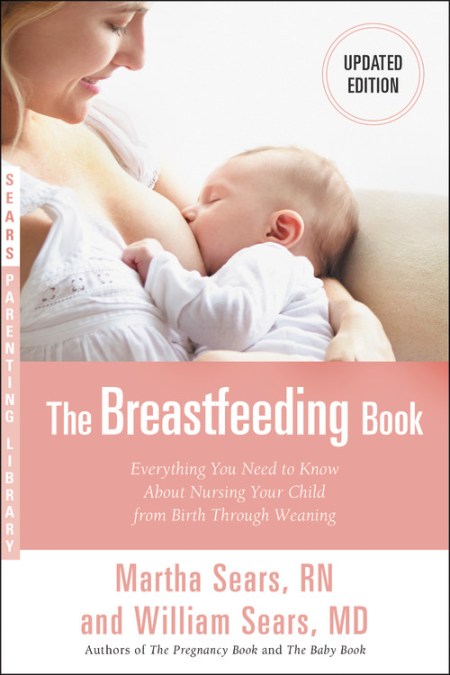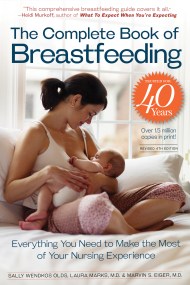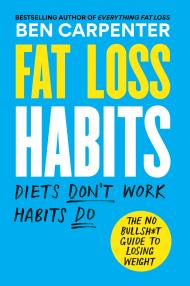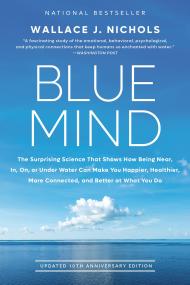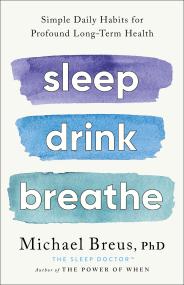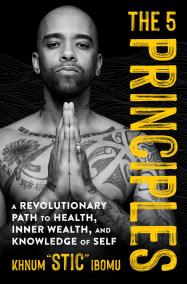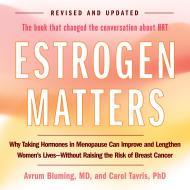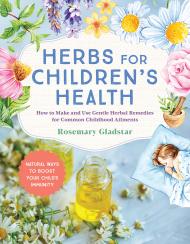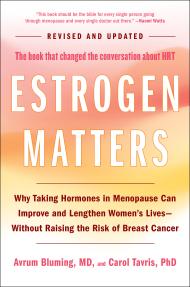I LOVE M.O.M.
The longer you breastfeed, the lower your baby’s incidence of just about every illness. Now, thanks to new and exciting research into milk-oriented microbiota (appropriately known as M.O.M.), we know another principal reason why. In fact, M.O.M. is the single most important nutrient influencing the transformation of the immature gut garden in the hours, days, and weeks after birth. More fascinating, this early activity in baby’s gut may lead to lifelong health benefits by decreasing the incidence of illnesses related to immune imbalance, such as allergies. Moms, get ready to learn how your milk helps grow your baby’s newborn gut garden. And the healthier the garden grows, the healthier your baby is likely to be—for life.
The microbiota, also called the microbiome, is the community of bowel bugs, primarily bacteria, that grow up in a baby’s gut and reside within the lining of the gut throughout life. In return for free food and a warm place to live, they do good things for baby’s body. Think of your bowel bugs, or microbiome, as your immune network. Seventy percent of your immune system resides in your gut.
Mother’s microbiome. Better bowel bugs build a better immune system for your baby. During pregnancy, mother’s vaginal microbes undergo healthful growth. Mother’s birth canal gets populated with healthful bacteria that she will share with her baby. These beneficial bugs increase in number to benefit mother’s health and the health of her baby, who will soon pass through her probiotic-rich birth canal. As Dr. Martin Blaser said in his brilliant book Missing Microbes: “These early lactobacilli, which bloomed in
mother’s vagina during pregnancy, now set up residence and begin to bloom in baby’s intestinal
tract.” Some microbiome-knowledgeable hospitals now swab a surgically birthed baby with microbe-rich vaginal secretions from the baby’s mom.
Growing your baby’s early gut garden. The healthier the gut garden, the healthier the baby.
But what grows a healthy gut garden? A healthy microbiome. What do you need to grow a healthy garden? Food and fertilizer. What is the best food and fertilizer for baby’s growing gut garden? You guessed it: your milk.
MOTHER’S MILK MAKES THE BEST MEDICINES
For decades, pediatric research has shown that breastfed newborns — especially
Premature newborns — who receive their mother’s milk (real food, with the right intestinal bacteria) are not
only more likely to grow up smarter, they are also more likely to have healthier immune systems than formula-fed babies. Breastfed babies enjoy fewer “itis” illnesses, such as allergies and eczema, and are much less likely to get the sometimes fatal newborn intestinal inflammation called necrotizing enterocolitis. Here’s a bit of baby-gut-bug data: a day’s worth (one quart) of mother’s milk can nourish baby’s gut to the point where it
grows ten trillion resident gut bacteria.
The protective aspect of breastfeeding cannot be overstated. When mother is exposed to an environmental germ potentially harmful to her baby, Dr. Mom — baby’s earliest pharmacist — naturally makes antibodies against the germ and dispenses this “medicine” by way of her milk. In this way, mother’s breast milk helps protect her precious newborn just as baby’s first immunizations do. Following is a list of some of
the immune protectors that mother manufactures and gives to baby in her milk. As we go through each item, you will understand why, in many cultures, mother’s milk is upgraded to the medically appropriate label white blood.
White blood cells. The list of natural immune-strengthening biochemicals in breast milk is growing, but they include, to name a few, secretory IgA, lactoferrin, lysozyme, mucin, cytokines, insulin growth factors, interleukins, interferon, tumor necrosis factor, and prostaglandins. A 2014 study from Brigham and Women’s Hospital of Harvard Medical School (incidentally, the hospital where our first baby, now Dr. Jim, was born) showed that the intestinal microbiome of breastfed babies recovered more quickly following antibiotic treatment. When they need antibiotics, preterm babies, those most vulnerable to infections, get the biggest benefit from mother’s milk.
Oligosaccharides. M.O.M. seals a leaky gut. A baby’s intestines are, shall we say, babylike. The
intestinal lining is very permeable, and it leaks because the immature cells of the lining are not yet close enough to one another. Think of this lining as similar to millions of tiny tiles on a floor or countertop, but with gaps between them. Artificial food, germs, and environmental chemicals can therefore “leak” through the
immature gut. The last thing you want in a precious newborn adapting to our germy world is leaks in the lining of the intestines, one of the major entry points for harmful bacteria.
Enter Dr. Mother Nature, baby’s earliest gastroenterologist. The tiles start closing tightly together faster in breastfed infants than they do in formula-fed babies, a protective gut change called closure. Mother’s milk contains natural nutrients called oligosaccharides that help a baby’s immature intestinal-lining cells mature and stop leaking.
